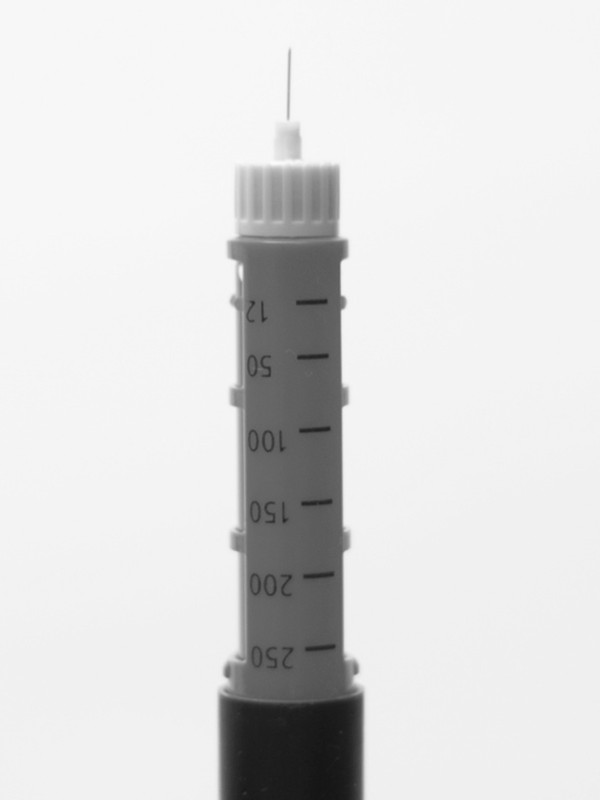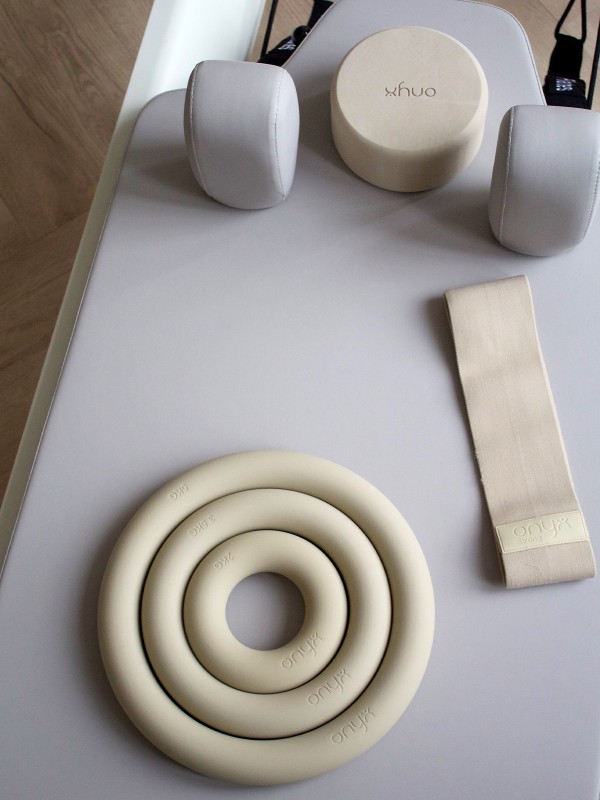7 Causes Of Indigestion & How To Fix Them
1. The Problem: Overeating Or Eating Too Quickly
When you consume a large and heavy meal, this puts pressure on the valves found in our digestive system. This can lead to indigestion symptoms including burping, abdominal pain and heartburn. The same can be said when we eat too quickly. Often people will over-consume foods when they eat too quickly, and this in turn actually prevents their hunger and satiety signals from kicking in effectively.
The Solution: Take It Slow & Avoid Digital At The Table
Ensure you eat at least three hours before you go to bed, as you don’t digest as efficiently when you sleep. And when it comes to mealtime, eat slowly and chew your food. Try putting your knife and fork down before every bite to slow down your eating and aim for at least one meal distraction free – this means no digital at the table, allowing yourself to completely switch off. Focusing on your food completely will trigger your brain and body signals to do their job properly.
2. The Problem: Smoking Daily
Tobacco from smoking can actually stimulate stomach acid production and cause the muscles in our oesophagus and stomach to relax. This can cause indigestion among other digestive symptoms.
The Solution: Reduce Your Habit Pronto
While kicking the habit completely can be difficult, reducing your habit is less of a challenge, so really try to cut back where possible – it’ll make a huge difference to your digestion, not to mention your health generally. This one is an easy solution to try.
3. The Problem: Stress & Anxiety
When we feel stressed or anxious, our nervous system is on full alert and works especially hard to help the body prepare and deal with these stresses. When this happens, our body redirects its attention and resources away from the digestive system. This can disturb the effectiveness of our ability to digest and absorb our foods, leading to indigestive symptoms such as burping, bloating, flatulence and abdominal pain. Additionally, our stomach acid and enzymes needed for digestion may be negatively affected by stress which can slow down our digestive processes. Some researchers suggest that stress may actually trigger changes in the brain that impact our pain receptors, meaning that you may actually feel more sensitive to changes in the digestive system and acid changes, making the pain worse.
The Solution: Take A Step Back & Check Your Daily Habits
It sounds obvious but try to understand what it is making you feel stressed. Once you identify the problem, you can start to find a solution. But as a general rule, eat a healthy, well balanced diet with plenty of fruit and veg, and make sure you do some digging around the foods best for your specific needs and digestive issues. It also goes without saying that daily exercise will make you feel better and boost a slow, sluggish digestive tract instantly. Vigorous fitness, such as running, can actually agitate indigestion, but incorporating low-impact exercises like walking is extremely beneficial – even if it’s just a ten-minute walk around the block, you’ll notice it really works to relax your muscles and keep everything moving internally.
4. The Problem: Too Much Caffeine Intake
Caffeine affects your central nervous system and increases stomach acid production. High amounts of caffeine can cause the muscle that connects the stomach to the oesophagus to become relaxed. When this happens, stomach acid can rise up into your oesophagus, which causes acid reflux and indigestion.
The Solution: Rethink Your Drinks & Look To Herbals
To prevent this from happening, I suggest reducing your consumption of caffeinated beverages such as coffee, green tea, black teas and even some fizzy drinks. Try reducing by one a day and see if this helps reduce your symptoms. Additionally, you can swap for herbal teas that can help relieve your indigestion symptoms. Peppermint tea can help soothe intestinal muscle spasms and reduce nausea. However, if you suffer from GERD (Gastroesophageal reflux disease), avoid peppermint tea as it can often worsen symptoms. Ginger tea is another fantastic stomach soother, as it helps reduce stomach acid production and nausea. Try stewing fresh ginger in warm water with a touch of honey for a nice relief.
5. The Problem: Over Consumption Of Alcohol
Alcohol consumption can cause heartburn and digestive upset for many people. You might have noticed the morning after a big drinking session, that your stomach is a little more tender than usual. That is because alcohol can impact our stomach acid production and acidity levels, and additionally relaxes our oesophagus muscles and sphincters, which can allow this acid to travel from the stomach up to the oesophagus, causing pain and severe bouts of indigestion.
The Solution: Limit Yourself To One Drink Only & Never Lie Flat
The trick? If you know you suffer with indigestion after alcohol, limit yourself to just one drink and avoid drinking for two to three hours before you go to bed. Lying flat can actually exacerbate acid reflux and heartburn symptoms. Additionally, choose the right mixers: fizzy drinks can often trigger digestive discomfort, and mixing with juices such as tomato, orange and grapefruit juice can increase stomach acidity and aggravate heartburn and acid reflux. Swap for low acidic options such as apple juice or go neat!
6. The Problem: Too Much Spice
Chilli contains a compound called capsaicin which has actually been shown to slow the rate of digestion in our stomach. This can lead to food sitting in our stomach for longer, which is a risk factor for heartburn. In addition, spicy foods may irritate an already inflamed oesophagus which can worsen heartburn symptoms. For some, spicy foods actually trigger abdominal pain and can not only worsen indigestion but also trigger IBS at the same time.
The Solution: Dilute Spice With Dairy Or Coconut Milk
If you find that spicy food triggers abdominal upset, I would suggest either reducing your consumption or excluding spice from your diet for a period of time. Some people find relief when consuming spicy food with dairy or coconut milk products, as these can help neutralize some of the effects of the spice.
7. The Problem: Intake Of Fatty Foods
Foods high in fat can take a while to digest in the stomach, which can cause us to feel fuller for longer. The longer food remains in the stomach, the more likely we are to develop gastrointestinal reflux and bloating.
The Solution: Switch To Grilled, Baked And Steamed Foods
To avoid this, opt for less fatty foods in the evening and eat grilled/baked/steamed foods whenever possible. This doesn’t mean you have to go fat-free entirely, but aiming to reduce your consumption of fat at night, or reducing the amount of fat you have in one sitting may offer some relief. You can also try digestive enzymes that can help your digestive system break down your food more efficiently. Lipase can help break down fats, amylase can help break down certain carbohydrates and proteases and peptidases can help break down protein. However, before taking these, I would suggest discussing this route of action with your GP or a Nutritionist.
DISCLAIMER: We endeavour to always credit the correct original source of every image we use. If you think a credit may be incorrect, please contact us at info@sheerluxe.com.






